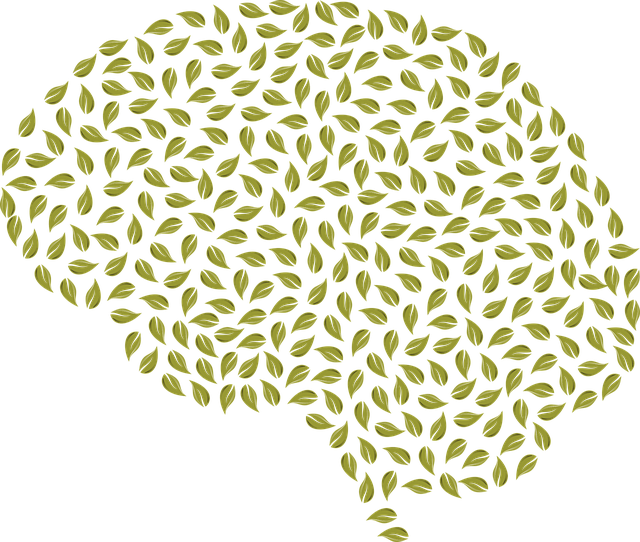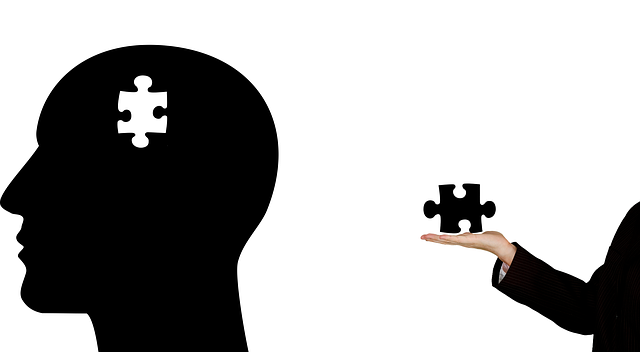Acceptance and Commitment Therapy (ACT) is an effective approach to improve mental wellness in adolescent teens, teaching them to accept emotions without judgment and take action based on personal values. Facilitators create safe group settings that integrate social skills training, risk assessment, stress management techniques like mindfulness exercises, and open communication to foster emotional resilience and stability. These strategies empower teens to manage their mental health journeys with hope and reduce the stigma around mental illness.
Mental wellness group facilitation plays a pivotal role in supporting adolescent teens. This article delves into effective strategies, focusing on Acceptance and Commitment Therapy (ACT), a game-changer in teen mental health. We explore techniques to create a supportive group environment, enhancing well-being through engaging discussions and interactive activities. Understanding ACT principles equips facilitators to guide teens towards embracing values, cultivating mindfulness, and taking committed actions for lasting positive change.
- Understanding Acceptance and Commitment Therapy (ACT) for Teens
- Creating a Supportive Group Environment
- Effective Facilitation Techniques to Promote Mental Wellness
Understanding Acceptance and Commitment Therapy (ACT) for Teens

Acceptance and Commitment Therapy (ACT) has emerged as a powerful tool for fostering mental wellness among adolescent teens. This therapeutic approach encourages young individuals to accept their emotions and thoughts without judgment, while simultaneously committing to actions that align with personal values. ACT helps teens develop psychological flexibility, enabling them to navigate life’s challenges more effectively. By promoting present-moment awareness and defusing the power of negative thoughts, this therapy facilitates a profound shift in perspective, enhancing overall well-being.
For facilitators, integrating ACT into group settings involves creating a safe, supportive environment where teens can explore their experiences openly. Social Skills Training, a key component, equips adolescents with communication and relationship-building tools, fostering a sense of belonging. Moreover, risk assessment is crucial for mental health professionals when working with this age group, allowing them to identify potential hazards and provide timely interventions. Effective stress management techniques, often incorporated into ACT programs, empower teens to cope with stressors, promoting resilience and emotional stability.
Creating a Supportive Group Environment

In facilitating a mental wellness group for adolescent teens, creating a supportive and safe environment is paramount. Acceptance and Commitment Therapy (ACT) principles can significantly contribute to this goal. By fostering an atmosphere where every teen feels accepted and valued, regardless of their mental illness or personal struggles, you encourage open communication. This begins with establishing clear boundaries and expectations, ensuring all members understand the importance of respect and active listening. Incorporating conflict resolution techniques and promoting positive peer interactions helps in reducing the stigma associated with mental illness, further strengthening the support system.
Effective group facilitation also involves employing communication strategies that emphasize empathy, understanding, and non-judgmental attitudes. Mentors and facilitators should model these behaviors, encouraging teens to share their experiences openly. Mental illness stigma reduction efforts within the group can be achieved through interactive activities that challenge stereotypes and promote self-acceptance. These strategies collectively contribute to a supportive environment where adolescent teens feel empowered to navigate their mental health journeys with increased resilience and hope.
Effective Facilitation Techniques to Promote Mental Wellness

Effective facilitation techniques play a pivotal role in fostering mental wellness among adolescent teens. One highly acclaimed approach is Acceptance and Commitment Therapy (ACT), which encourages individuals to accept their emotions while committing to actions that align with personal values. Through ACT, facilitators guide teens to develop psychological flexibility, enabling them to navigate life’s challenges without avoiding or suppressing difficult feelings.
Integrating stress reduction methods, such as mindfulness exercises, into group sessions can significantly enhance mental wellness. These techniques teach teens effective stress management skills, promoting emotional regulation and resilience. Social skills training is another valuable component, fostering healthier interactions and relationships, which are essential for adolescents navigating their social landscape. By combining these evidence-based practices, facilitators create a supportive environment that empowers teens to thrive both emotionally and socially.
Mental wellness group facilitation plays a pivotal role in supporting adolescent teens through acceptance and commitment therapy (ACT). By fostering a supportive environment, facilitators can employ effective techniques such as active listening, guided meditations, and skill-building exercises to promote resilience and well-being. Acceptance and Commitment Therapy specifically tailored for teens equips them with the tools to accept their emotions, commit to valued actions, and navigate life challenges with greater flexibility and purpose. Through these facilitated group sessions, teens gain a sense of belonging, build social connections, and develop coping strategies that contribute to improved mental health and overall life satisfaction.









